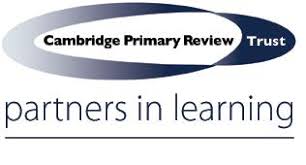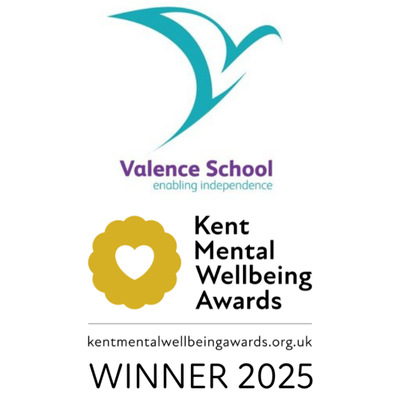Modern Foreign Languages (MFL)
Modern Foreign Languages
What is our curriculum intent?
Learning a language is an enjoyable, positive, and inclusive experience, which breaks down cultural barriers and promotes tolerance, confidence, and curiosity. We aspire for all language learners to be resilient, engaged, and reflective global citizens, who are passionate about different countries and cultures, and aspire to be as independent as possible. In all Hawking and Simmonds classes, our class ethos is based on learning and language acquisition through a comfortable safe and supportive environment, where all accomplishments are recognised. Diversity is promoted in all lessons through exposing students to a range of German-speaking figures.
How does the delivery of our curriculum differ between the pathways?
In the Hawking pathway, students learn German and the intention is to build on the foundations for communication in the German language as per the KS3 National Curriculum for England. The long-term plans are structured around the Stimmt 1 textbook, but we expose students to authentic texts from various German resources. Furthermore, students are taught language in chunks rather than as individual words, to support students in developing their ability to communicate in German. The use of sentence builders enables a communicative approach. We cover the four key skill areas of Listening, Speaking, Reading, and Writing through a range of topics such as myself and my family, greetings, numbers, expressing age, languages and countries, hobbies and free time activities, pets and animals, adjectives of colour and size, where I live, talking about school life, discussing holiday plans, and food and drink. We also practise our translation skills from German into English and from English into German. Students also learn about different German-speaking countries through exposure to cultural activities in lessons.
In the Simmonds pathway, students also learn German, but there is more focus on the cultural rather than the linguistic aspect German. Students complete a range of sensory activities to help them access the curriculum. Non-verbal students and students with hearing or visual needs are supported individually, with careful use of supporting staff to enable students to access lessons in the best way possible. Non-verbal students also have communication books in German to ensure that they can take part in all speaking activities. The communication books allow students to express themselves effectively.
Do our students have access to learning opportunities outside the classroom?
To enhance students’ language and cultural experiences, it is important for students to have opportunities to access languages outside of the classroom. Every September, students take part in activities for European Day of Languages. There is a special whole school assembly, a house competition with a focus on languages and cultures, a languages passport for students to complete, as well as cultural workshops and language taster sessions for students to attend.






